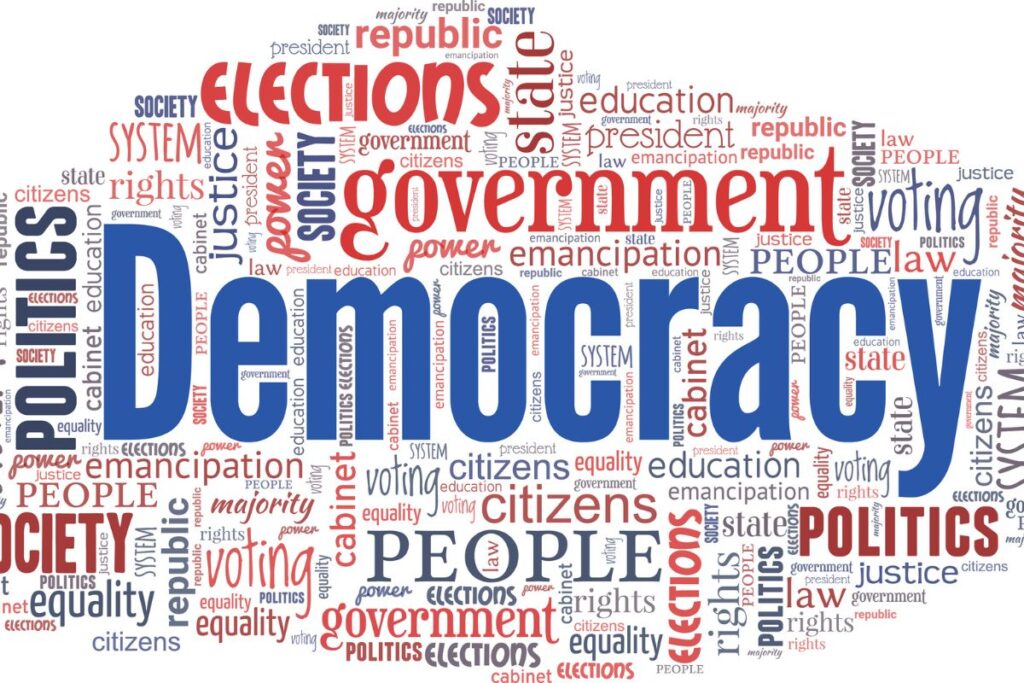Nigeria’s democratic journey, once a beacon of hope for Africa, has been marred by crises that question the integrity and future of its political system. The nation, with a population of about 300 million, faces governance challenges amplified by unchecked population growth and systemic inefficiencies.
One of the most contentious issues is the persistence of tribal sentiments in leadership selection. The 2023 elections exposed deep ethnic divides, with incidents of persecution against minority tribes in key states. For example, in Lagos, the dominance of the Yoruba tribe led to harassment and exclusion of Igbos, with some forced to leave the state amid allegations of tribal loyalty. This hostility stemmed from Peter Obi, an Igbo candidate, opposing Bola
Tinubu, a Yoruba candidate with strong ties to Lagos. Similarly, in the Northeast, Atiku Abubakar garnered votes based on tribal affiliations, overshadowing merit and leadership records.
Nigeria’s democracy struggles under the weight of centralized power, where accountability and transparency are often sidelined. This concentration fosters a culture of impunity, with corruption and mismanagement becoming routine. Public officials, frequently caught in corrupt acts thanks to smartphones and social media, rarely face substantial consequences. The lack of institutional checks allows this cycle to persist, eroding public trust.
The political elite is often perceived as prioritizing personal gain over public service. This disconnect has fueled widespread disillusionment among Nigerians, who feel neglected amidst rising poverty, unemployment, and inequality. This discontent is further exacerbated by the country’s economic struggles, which fail to meet basic needs.
The rise of Boko Haram and inter-ethnic tensions continues to destabilize the nation. These insecurities not only harm citizens but also undermine democratic processes, making it harder to achieve peaceful governance.
For Nigeria to overcome its “democrisis,” comprehensive reforms are crucial. Strengthening institutions like the judiciary, legislature, and anti-corruption agencies can promote transparency and accountability. Encouraging citizen participation and ensuring free, fair elections are also vital steps toward rebuilding trust in the system.
Ultimately, a united effort from all stakeholders—politicians, citizens, and civil society—is necessary to address these systemic issues and restore the promise of Nigeria’s democracy.
